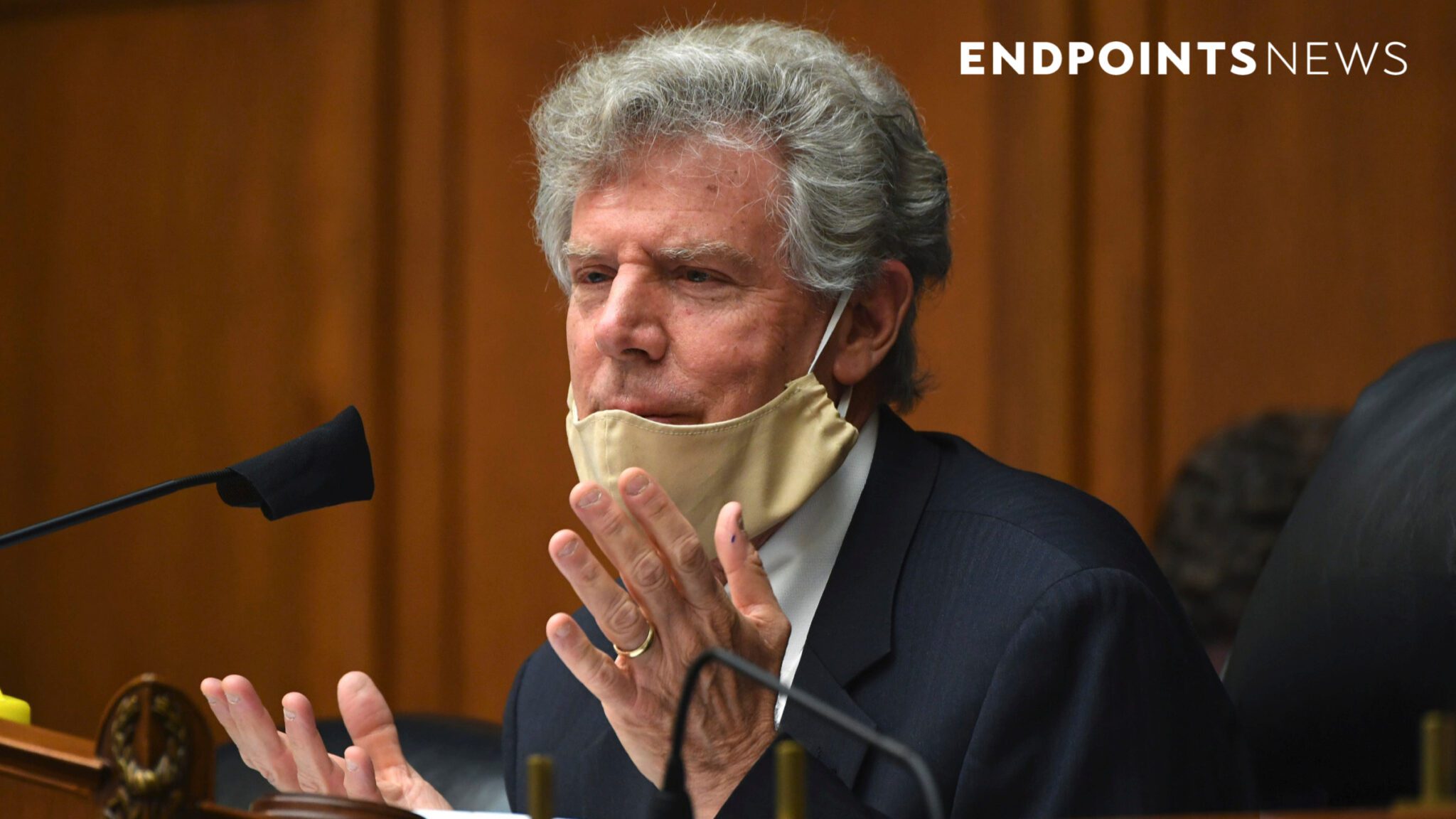Fast-track approval reforms take center stage in House hearing, but way forward remains unclear – Endpoints News
On Thursday, the House Energy & Commerce committee’s health subcommittee reviewed nearly two dozen different FDA and pharmacy-related bills that could be added to a larger bill or even user fee bills. biopharmaceuticals, which must be re-approved before the end of September.
The massive batch of bills passing through the House include two critical bills that seek to reform the FDA’s fast-track approval process in different ways.
On the one hand, E&C Chairman Frank Pallone (D-NJ), who, much to the chagrin of the industry, is calling for expiration dates (5 years max) for expedited approvals given that companies often drag their feet on confirmatory trials. His bill faces opposition from Republican Cathy McMorris Rodgers of Washington, who has sought to clarify that the current fast-track track is working well, but that the track needs to be modernized for some new drugs, such as those for ALS, which do not have a clear substitution parameter.
McMorris Rodgers’ bill would ensure that the evidence used to support that a parameter is reasonably likely to predict clinical benefit under expedited approval “may include epidemiological, pathophysiological, therapeutic, pharmacological or other evidence developed using biomarkers, for example, or other scientific methods or tools.
Pallone, meanwhile, gave the example of Biogen’s controversial new Alzheimer’s drug, Aduhelm, which won fast-track approval last June.
“Here we are nine months later, and the sponsor has not screened a single patient for its required confirmatory trial,” Pallone said. “Other drugs have been on the market for eight or nine years without proving any clinical benefit.”
He also noted how CDER Director Patrizia Cavazzoni testified last month about how “the process of removing these drugs from the market is cumbersome and can take months or even years.”
Ranking member Representative Brett Guthrie (R-KY), however, took the opposite view of the Aduhelm debate, saying CMS’s decision to limit coverage to only clinical trials could have a chilling effect on other investments in Aduhelm. Alzheimer’s disease.
Supporting the accelerated approval status quo, Jeff Allen, CEO of Friends with Cancer Research, noted that accelerated approvals converting to full approval took a median time of 3.1 years. He also said that if fast-track drugs are restricted inappropriately, there could be delays in access, but the hallmark of the fast-track is to balance those uncertainties.
“I believe the legislation proposed today to strengthen post-marketing surveillance will help expand the development of surrogate endpoints,” he noted.
Reshma Ramachandran, a physician associate at Yale’s National Clinician Scholars Program, testified that drug companies often market drugs through the fast track for long periods before confirmatory trial results. And sometimes that marketing continues even after confirmatory trials have failed.
She noted that Pallone’s bill provides flexibility for the FDA as to when an appropriate confirmatory trial completion date can be set, and it allows for negotiations between the sponsor and the FDA. This would mean that drugs will not automatically be withdrawn if such a drug is still in confirmatory trial.
In addition to expedited approvals, the bills discussed at the hearing also include additional funding and structure for ARPA-H, a new NIH-hosted agency (with $1 billion in seed funding) that will will close the gap between basic research at NIH and product development in the private sector, according to health subcommittee chair Anna Eshoo (D-CA). Eshoo also praised the years of work in the latest iteration of the 21st Century Cures Act.
Rep. Fred Upton (R-MI), who co-sponsored the two Cures bills with Rep. Diana DeGette (D-CO), noted Thursday that Covid “taught us a valuable lesson that the FDA can work quickly and that RWE will improve its decision-making.
Three other bills being discussed would seek to improve the diversity of clinical trials, while others will help the development of generics and biosimilars, including one that will allow certain generics to be approved with a “temporarily different” label from its product. reference.


Comments are closed.